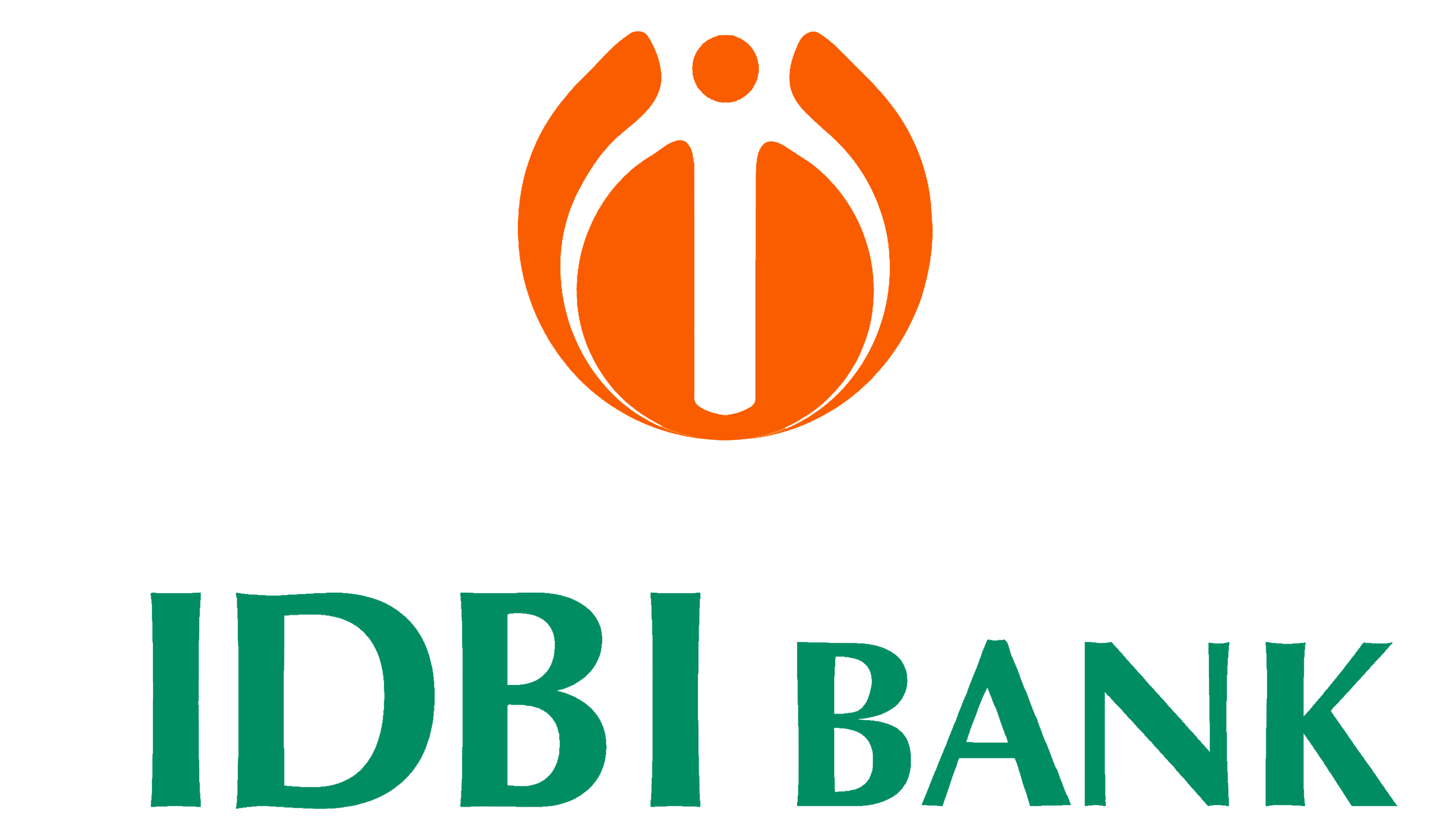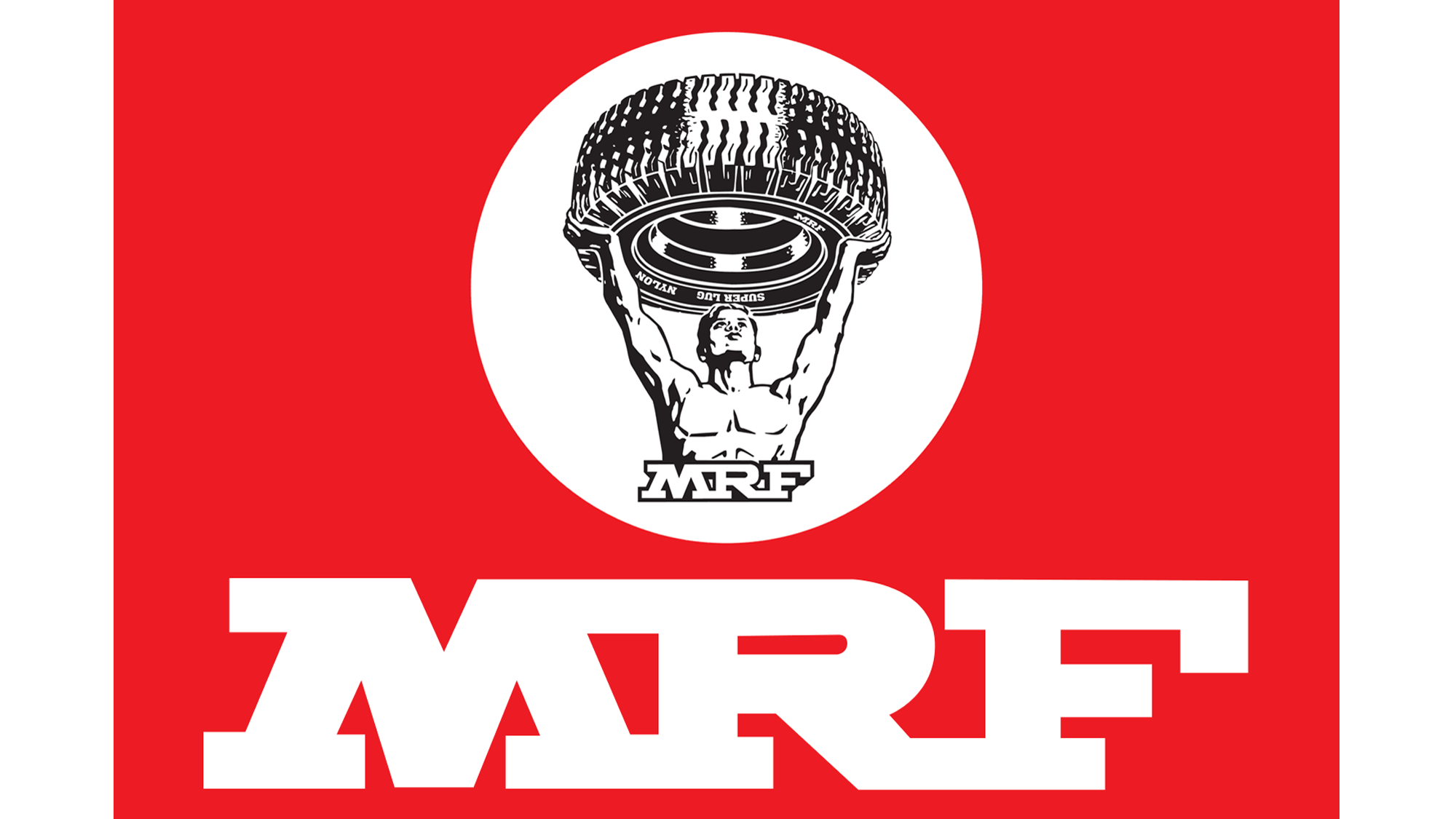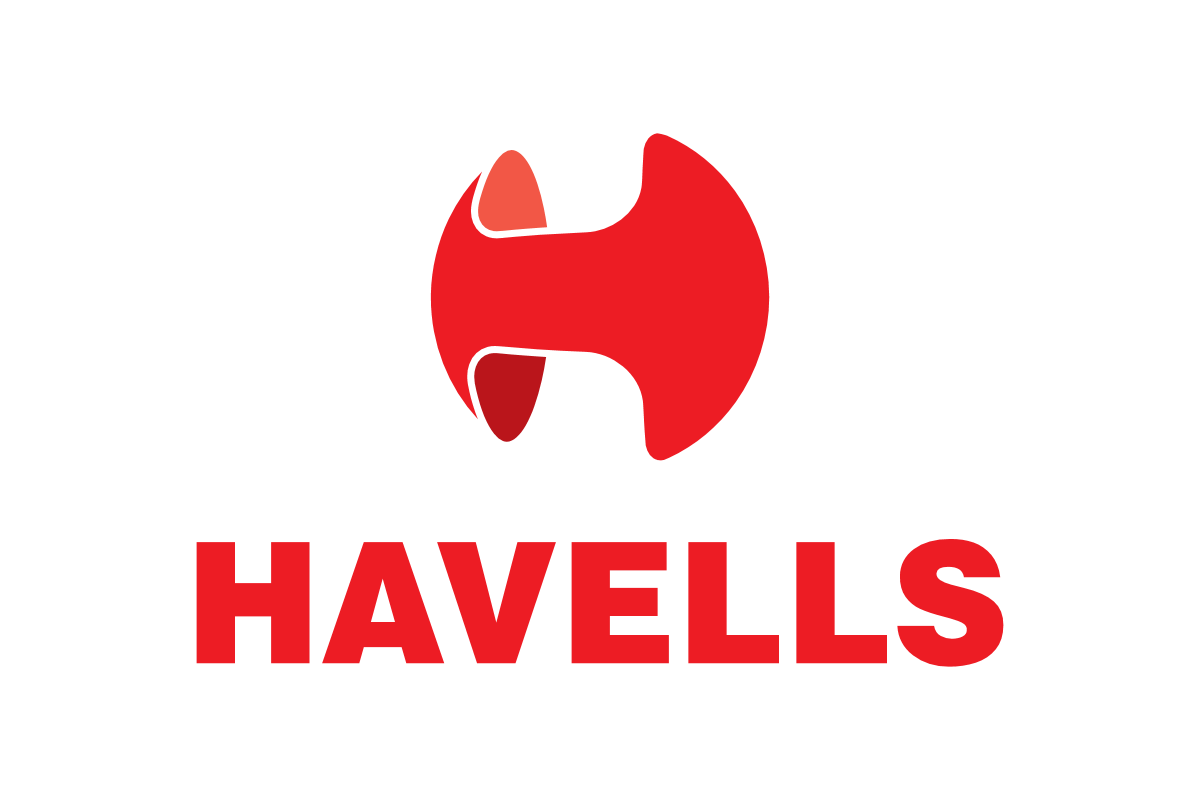PAN Card: Your PAN (Permanent Account Number) is a vital identification tool for tracking your income, filing returns, and linking all tax-related activities with the Income Tax Department.
Aadhaar Card: Mandatory for e-verification of your return and required under Section 139AA. Aadhaar facilitates authentication and smooth processing of your ITR.
Form 16: An essential document issued by your employer that summarizes your total salary, TDS deductions, and tax liability for the financial year. It is the key document for salaried individuals when filing their ITR.
Salary Slips: Monthly payslips provide a detailed breakdown of your earnings, allowances, bonuses, and deductions, ensuring accurate income declaration.
Form 26AS: A consolidated tax credit statement reflecting TDS, advance tax, and self-assessment tax deposited against your PAN. It’s crucial for verifying your tax credits before filing.
Bank Account Details: Provide complete details of all active savings accounts, including account numbers and IFSC codes, to facilitate smooth refund processing and validation.
Investment Proofs for Tax Deductions: Submit supporting documents for tax-saving investments and deductions under Sections like 80C (LIC, PPF, ELSS), 80D (Health Insurance), 80E (Education Loan), and others.
House Rent Receipts (if claiming HRA): Rent receipts, along with the landlord’s PAN (mandatory if annual rent exceeds ₹1 lakh), are required to avail House Rent Allowance (HRA) exemptions.
Home Loan Interest Certificate (if applicable): To claim deductions under Section 24(b) for interest and Section 80C for principal repayment, submit your annual loan certificate from the lender.
Capital Gains Statements (if any): In case of sale of shares, mutual funds, or property, provide detailed capital gains reports and broker statements for accurate tax calculation.
Proof of Other Income: Include interest certificates from fixed deposits, savings accounts, or earnings from freelancing, consultancy, or side jobs to ensure complete income disclosure.














